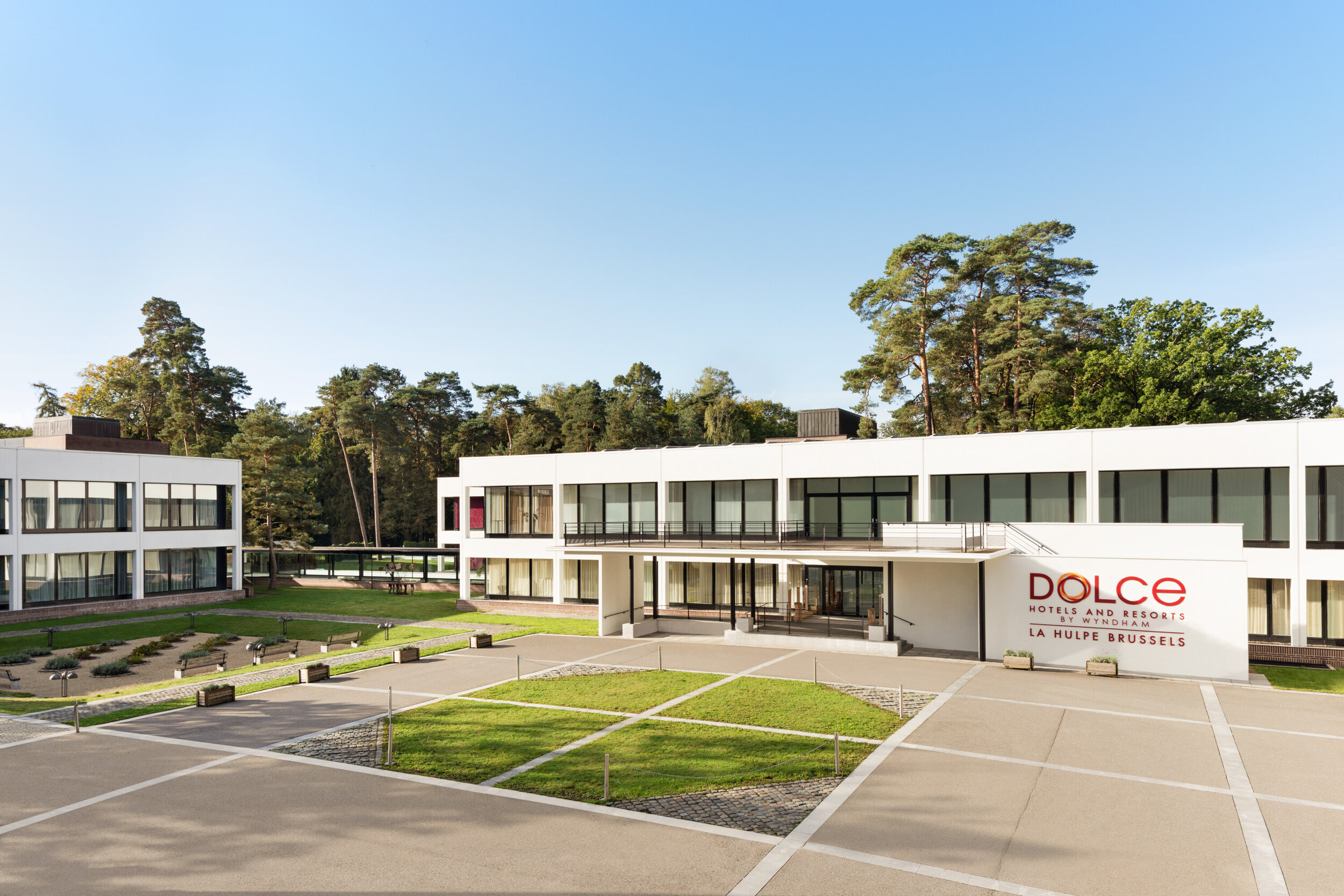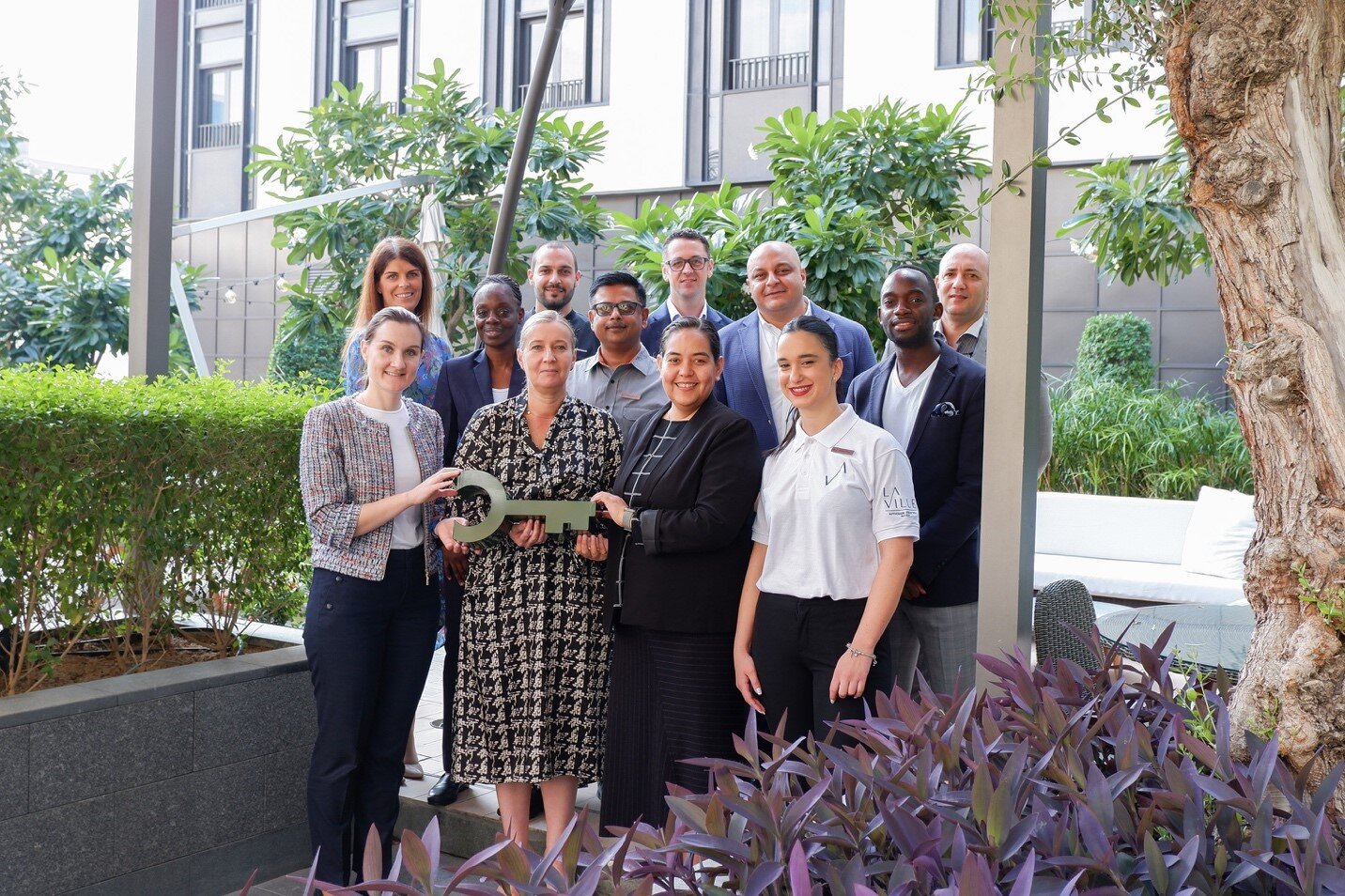The Radisson Blu Hotel, Lusaka is the first Green Key awarded establishment in Zambia, raising the number of participating countries to 65!
No matter if you are visiting Lusaka for business or to explore the wildlife in the nearby national parks, you can now base your stay in a Green Key awarded establishment. The Radisson Blu Hotel in Lusaka has proven that the local community and environment are their top priority.
Since the hotels’ opening in 2012, it has been focused on driving Radisson Hotel Group’s three Responsible Business Pillars; Think Planet, Think People and Think Community.
To give examples of their responsible business initiatives, the hotel is to a 100% equipped with energy-saving light bulbs, uses solar heating for the water boilers in guest rooms and separates single dose shampoos and body wash so that they can be recycled into packaging material again. Furthermore, the establishment has recently supported Zambia’s ‘Plant A Million’ tree- planting initiative and supports the local SOS Children’s Village with training and employment. Each year, 12 interns are employed each year from the SOS Children’s Village. In addition, they are donating food to the SOS Children’s Village as well. Beyond that, used linen is donated to local charity organisations.
Moreover, the hotel also supports local coffee farmers by buying their coffee for use in the hotel.
“We are thrilled to continue spearheading the hotel landscape in Zambia, not only in terms guest service, but also in terms of our sustainability as well as safety and security measures and efforts. We strive to provide a space which is environmentally-conscious and safe, placing our guests minds at ease for a memorable stay,” said Johan Klang, General Manager of Radisson Blu Hotel, Lusaka.
Green Key is happy to welcome the Radisson Blu Hotel, Lusaka in the programme!
Learn more about the hotel here















